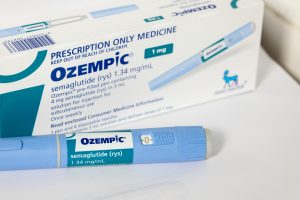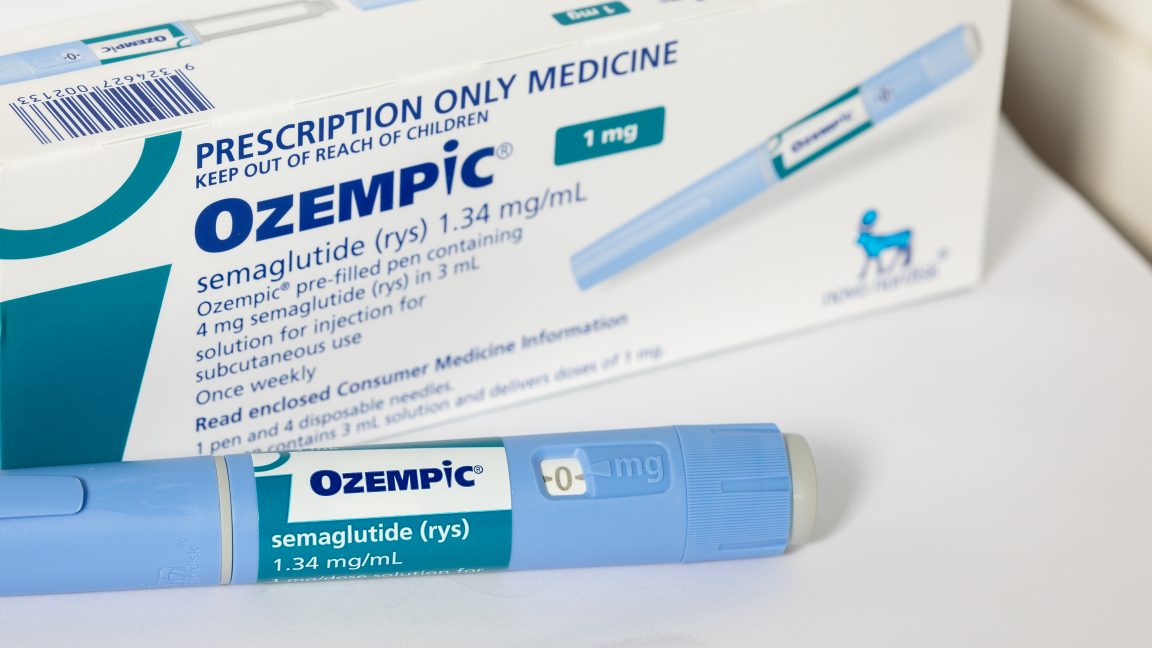Blockbuster weight-loss and diabetes drugs Wegovy and Ozempic top the list of 15 drugs selected for the second round of federal price negotiations, which are scheduled to begin this year, with resulting bargained prices going into effect in 2027.
The first round of negotiations, involving 10 high-cost drugs, wrapped up in August, with resulting prices being 38 percent to 79 percent lower than list prices. Those negotiated prices will go into effect in 2026 and are expected to save people with Medicare prescription drug coverage $1.5 billion in out-of-pocket costs.
“Last year we proved that negotiating for lower drug prices works," Xavier Becerra, secretary of the Department of Health and Human Services (HHS), said in a statement. "Now we plan to build on that record by negotiating for lower prices for 15 additional important drugs for seniors."
The list of 15 drugs in the next round is below, in the order provided by HHS. According to the health department, about 5.3 million people with Medicare prescription drug coverage used at least one of these drugs between 2023 and 2024. In that time frame, they collectively accounted for about $41 billion in total gross covered prescription drug costs, or about 14 percent.
| 1 | Ozempic; Rybelsus; Wegovy | Weight loss, Type 2 diabetes |
| 2 | Trelegy Ellipta | Asthma and COPD |
| 3 | Xtandi | Prostate cancer |
| 4 | Pomalyst | Multiple myeloma and Kaposi sarcoma |
| 5 | Ibrance | Breast cancer |
| 6 | Ofev | Idiopathic pulmonary fibrosis |
| 7 | Linzess | IBS and chronic constipation |
| 8 | Calquence | Blood cancers |
| 9 | Austedo; Austedo XR | Huntington's disease |
| 10 | Breo Ellipta | Asthma and COPD |
| 11 | Tradjenta | Type 2 diabetes |
| 12 | Xifaxan | Diarrhea and irritable bowel syndrome |
| 13 | Vraylar | Mental health and mood disorders |
| 14 | Janumet; Janumet XR | Type 2 diabetes |
| 15 | Otezla | Psoriasis and psoriatic arthritis |
Topping the list are three versions of semaglutide drugs sold by Novo Nordisk: Wegovy, used for weight loss and to reduce the risks of cardiovascular disease; Ozempic, used for Type 2 diabetes; and Rybelsus, used for Type 2 diabetes. The drugs are as costly as they are popular. Wegovy has a list price of around $1,350, while Ozempic's is nearly $1,000.



 Loading comments...
Loading comments...
